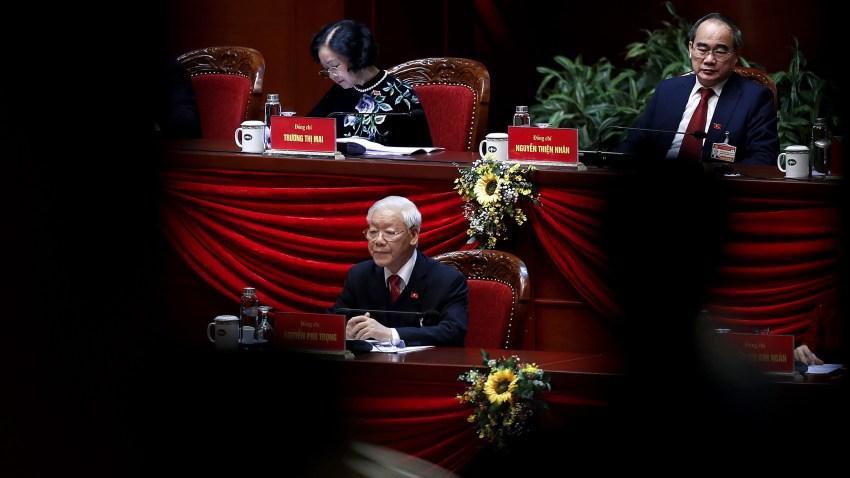Vietnamese President Vo Van Thuong has resigned after just over a year in office, making him the second president in two years to step down from the largely ceremonial but high-profile position. The Communist Party cited violations of party regulations for Thuong’s departure but did not elaborate on the alleged wrongdoing. (AP)
Our Take
If precedent is anything to go by, it is likely Thuong’s resignation is the result of Vietnam’s long-running anti-corruption campaign, which began in 2016 by targeting the country’s state-owned enterprises but has in recent years focused increasingly on its political leadership. The campaign has now led to several high-profile resignations, including a Cabinet minister, multiple deputy PMs and Thuong’s predecessor, among others.
There is a tendency among U.S. observers to see these political casualties as the result of an internal power struggle within the Communist Party’s leadership pitting those who favor alignment with the U.S. against those who lean toward China in the strategic competition between the two countries. Considering the opaque nature of the party, that theory can’t be ruled out. And both Washington and Beijing have certainly sought to curry Vietnam’s favor.

